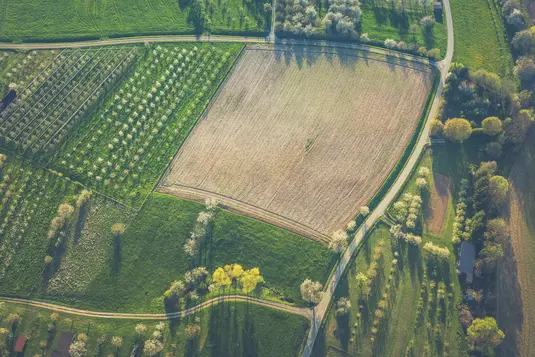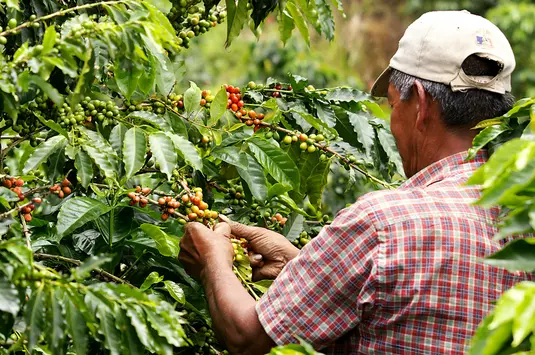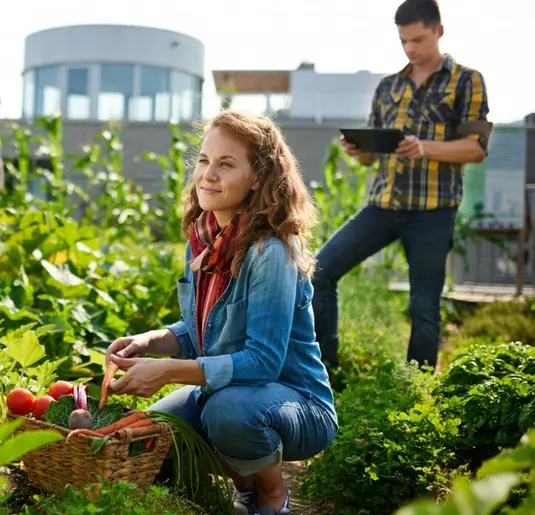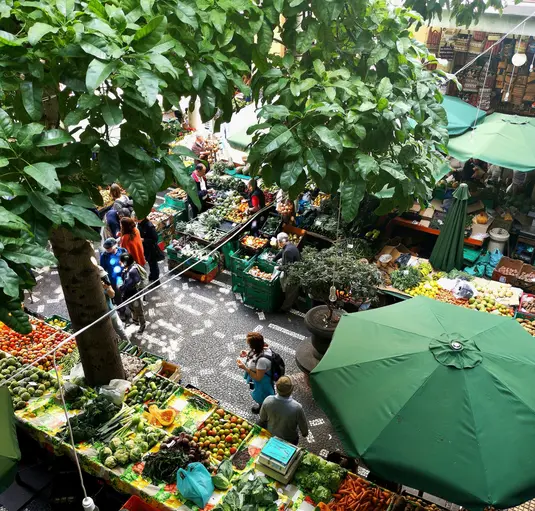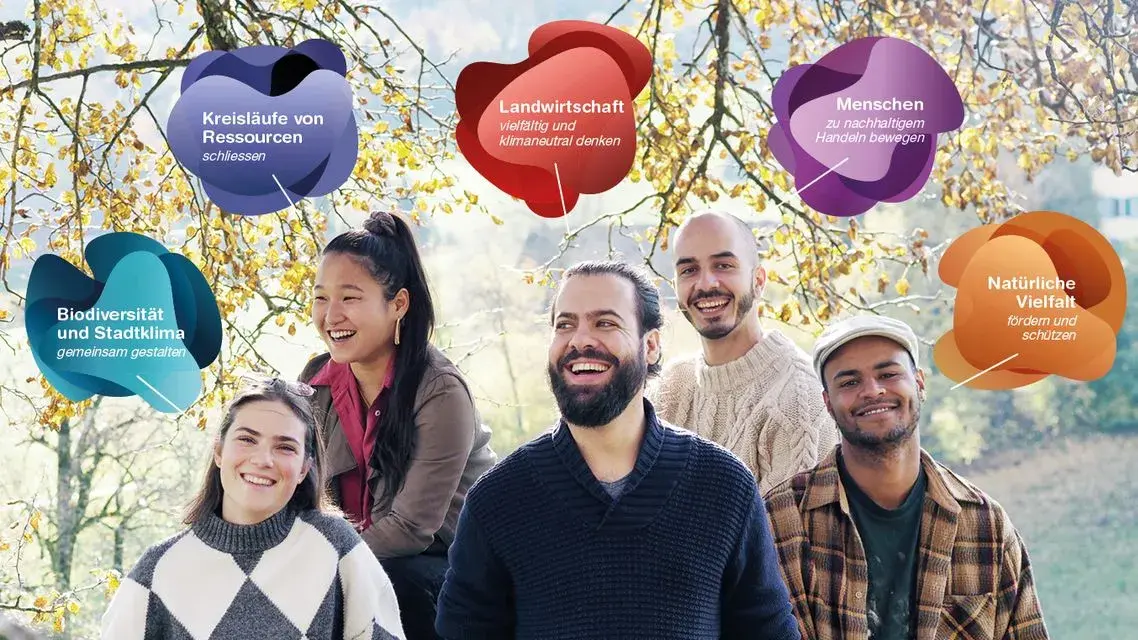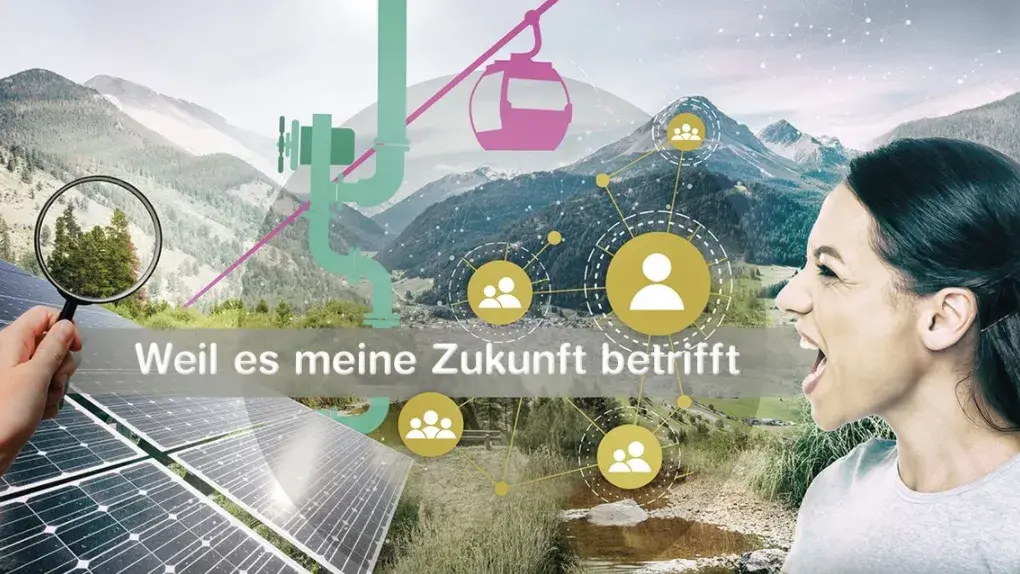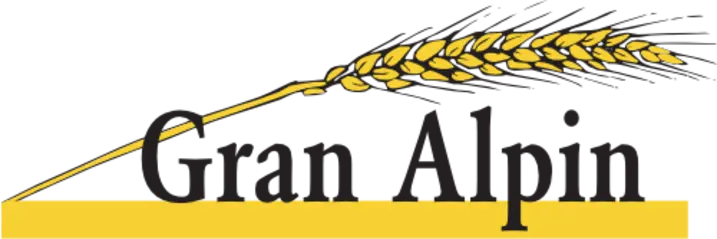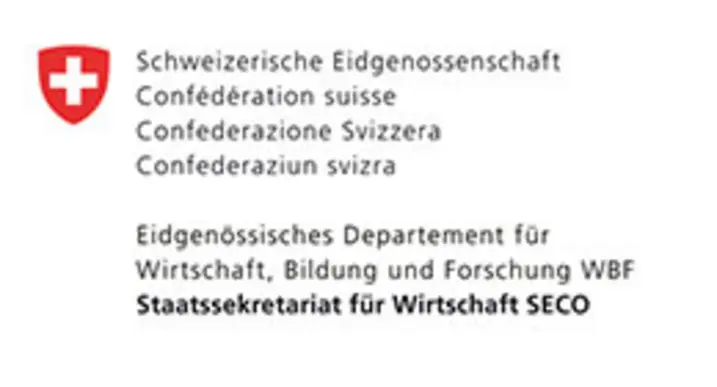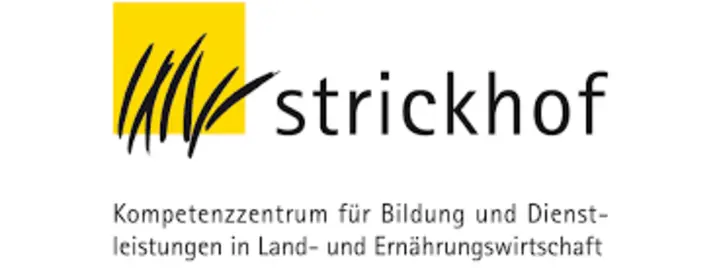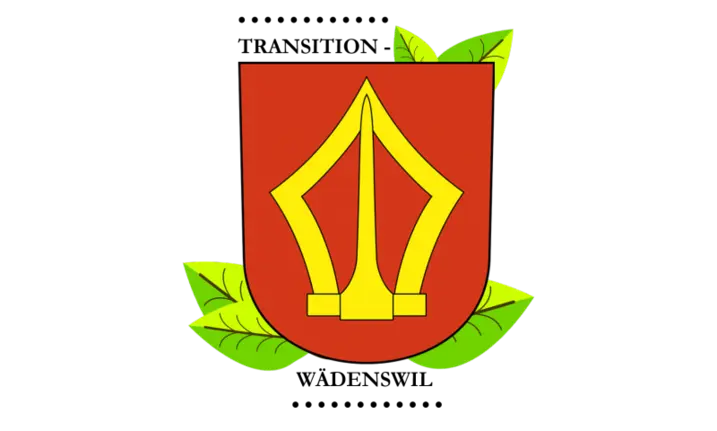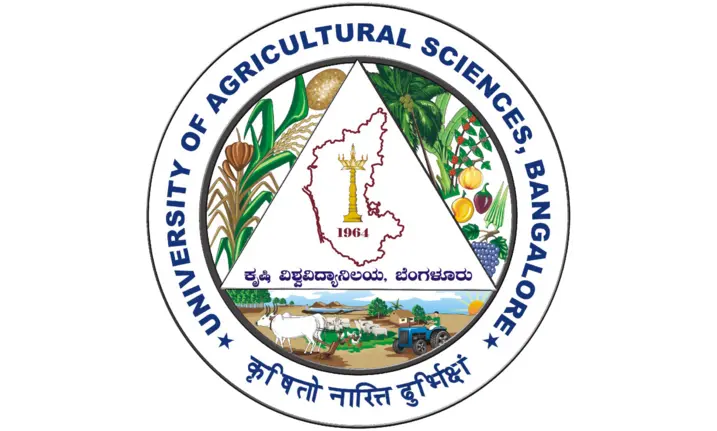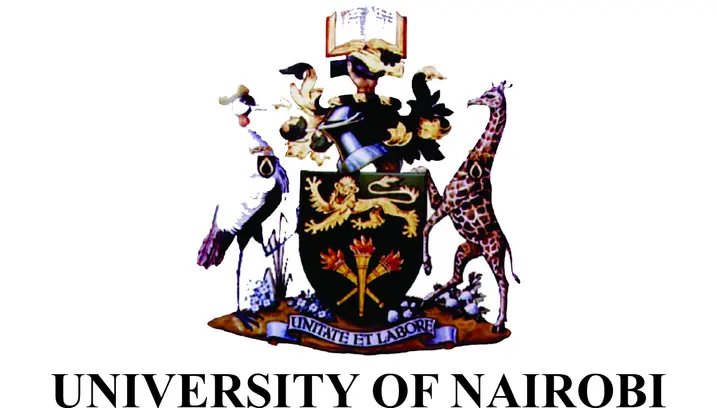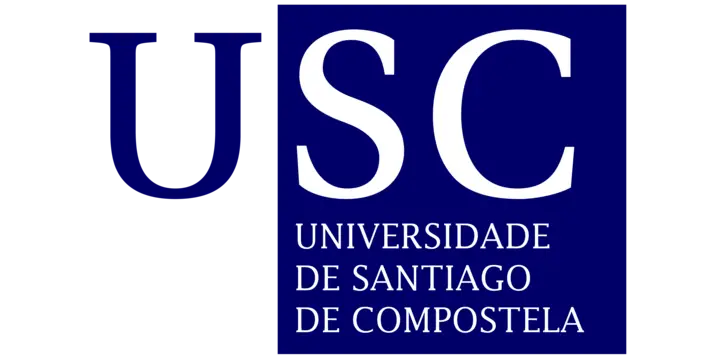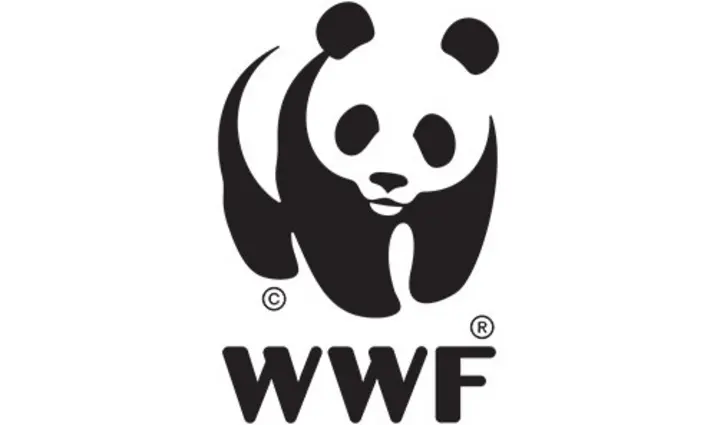Geography of Food Research Group
About us
Our food system is facing major challenges that require fundamental transformations in the entire food value chain. Through our work, we aim to help shape the food system of the future, locally and globally, and drive an agroecological transformation. By promoting resource-efficient agriculture, fair trade relations and sustainable consumption patterns, we strengthen the diversity, sustainability and resilience of the system.
An agroecological transformation requires adaptations at all levels of the food system. Thus, we are looking for new solutions in the field (Agriculture & Climate Change), within the value chain (Sustainable Value Chains & Consumption) and across the food system (Regional Food Systems).
Regional Food Systems
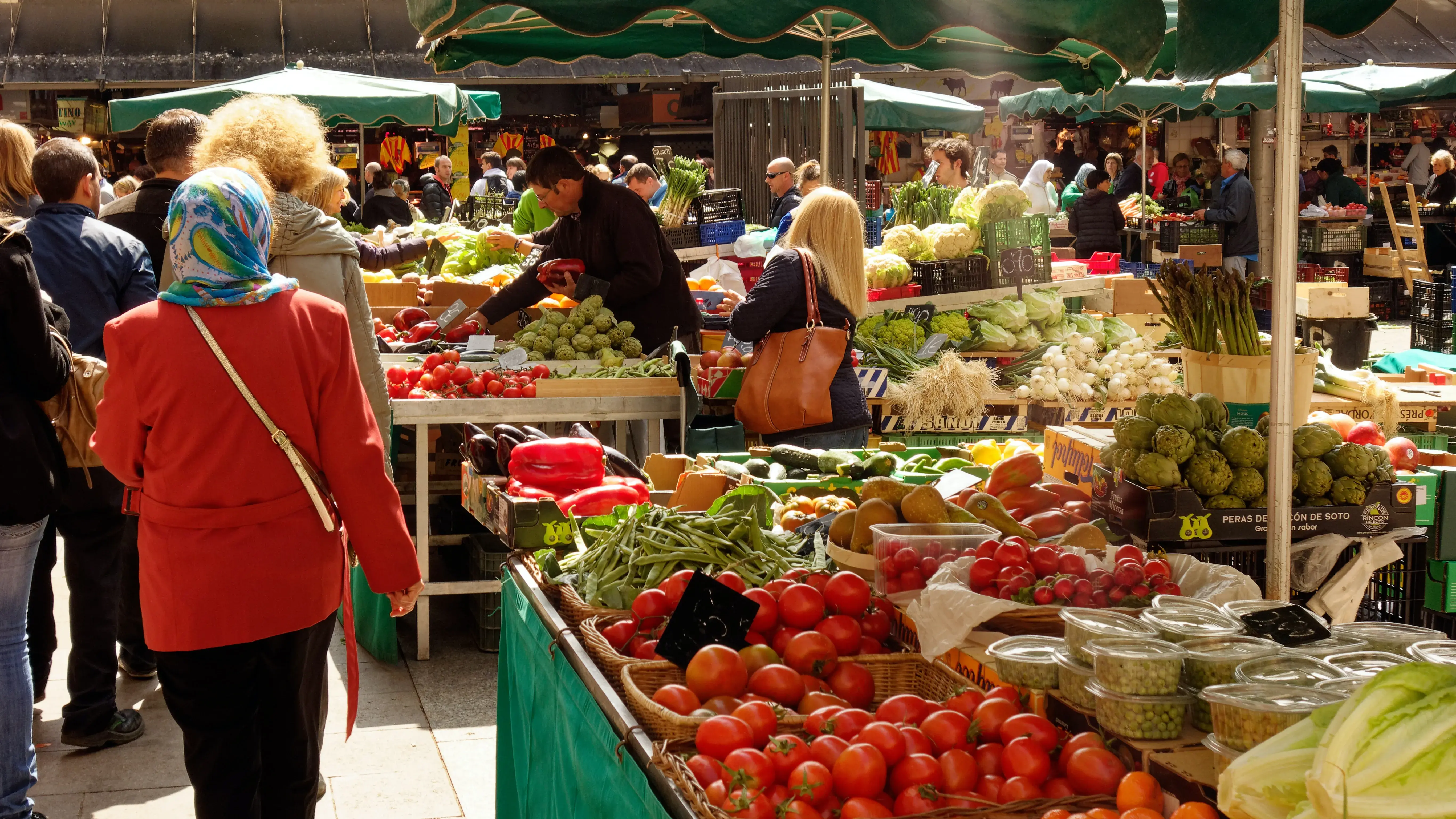
We initiate and support applied projects for a participatory transformation towards more resilient food systems. Regional and circular food strategies enable local value creation, resource-conserving production and resilient societies - for example in Swiss mountain regions.
We support the development of alternative food networks and new collaborations. Cooperation with the local population and actors from politics, administration and practice is central to the joint design of regional food systems. Locally adapted solutions are implemented and investigated using participatory methods.
Reference projects: Ernährungsstrategien für Alle - Partizipation und Transformation in kleineren Städten,
Sustainable Value Chains and Consumption
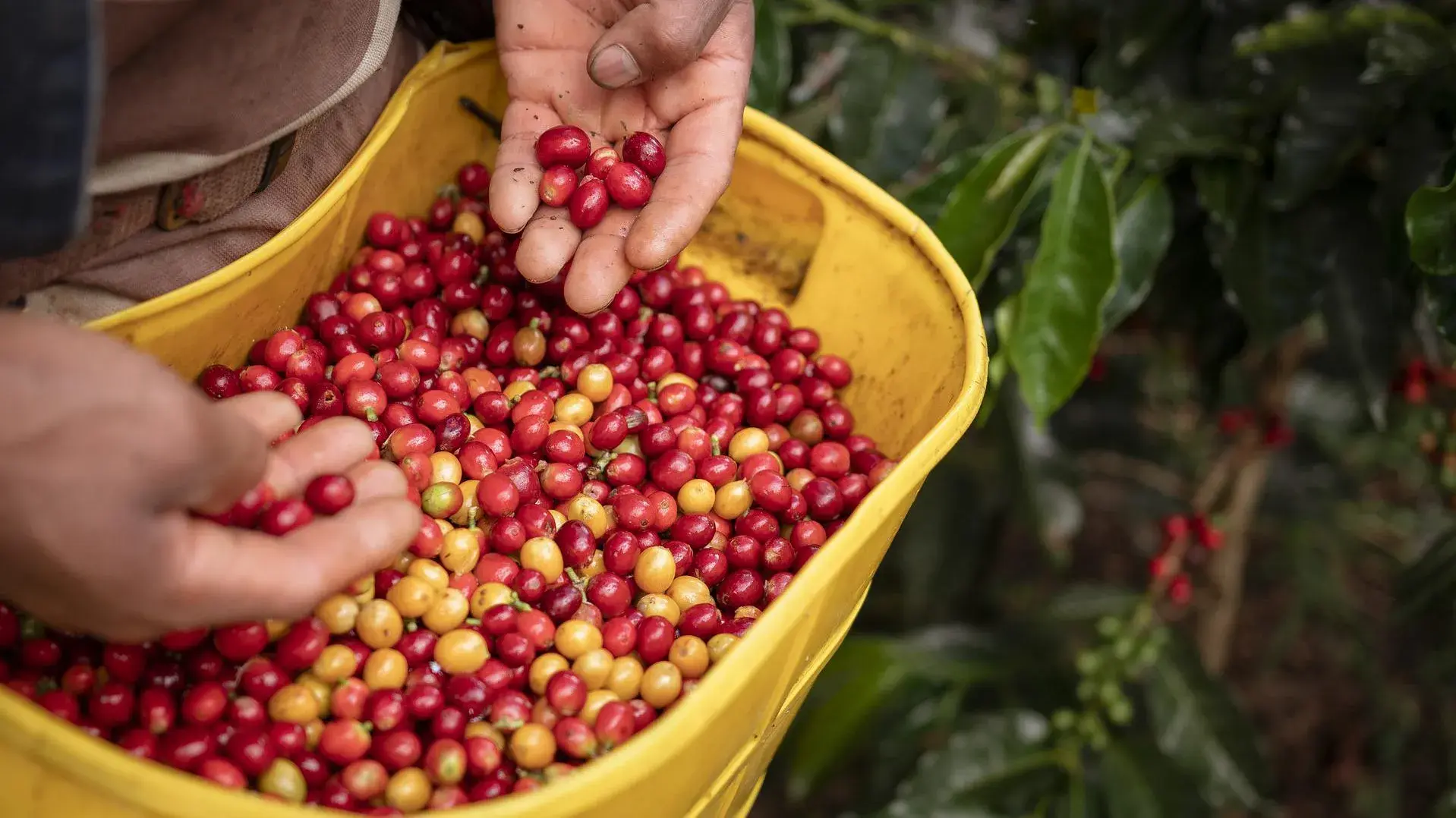
Our aim is to promote value chains that contribute to local and global sustainable development. We identify challenges and develop innovative measures in collaboration with practitioners. Our approaches include solutions ranging from resource-conserving production to supporting conscious consumption decisions through labels.
We focus on promoting short value chains, fair trade relations, closing cycles and creating transparency along the entire value chain.
Reference projects: MOVING - Mountain Valorization through Interconnectedness and Green Growth
Agriculture and Climate Change
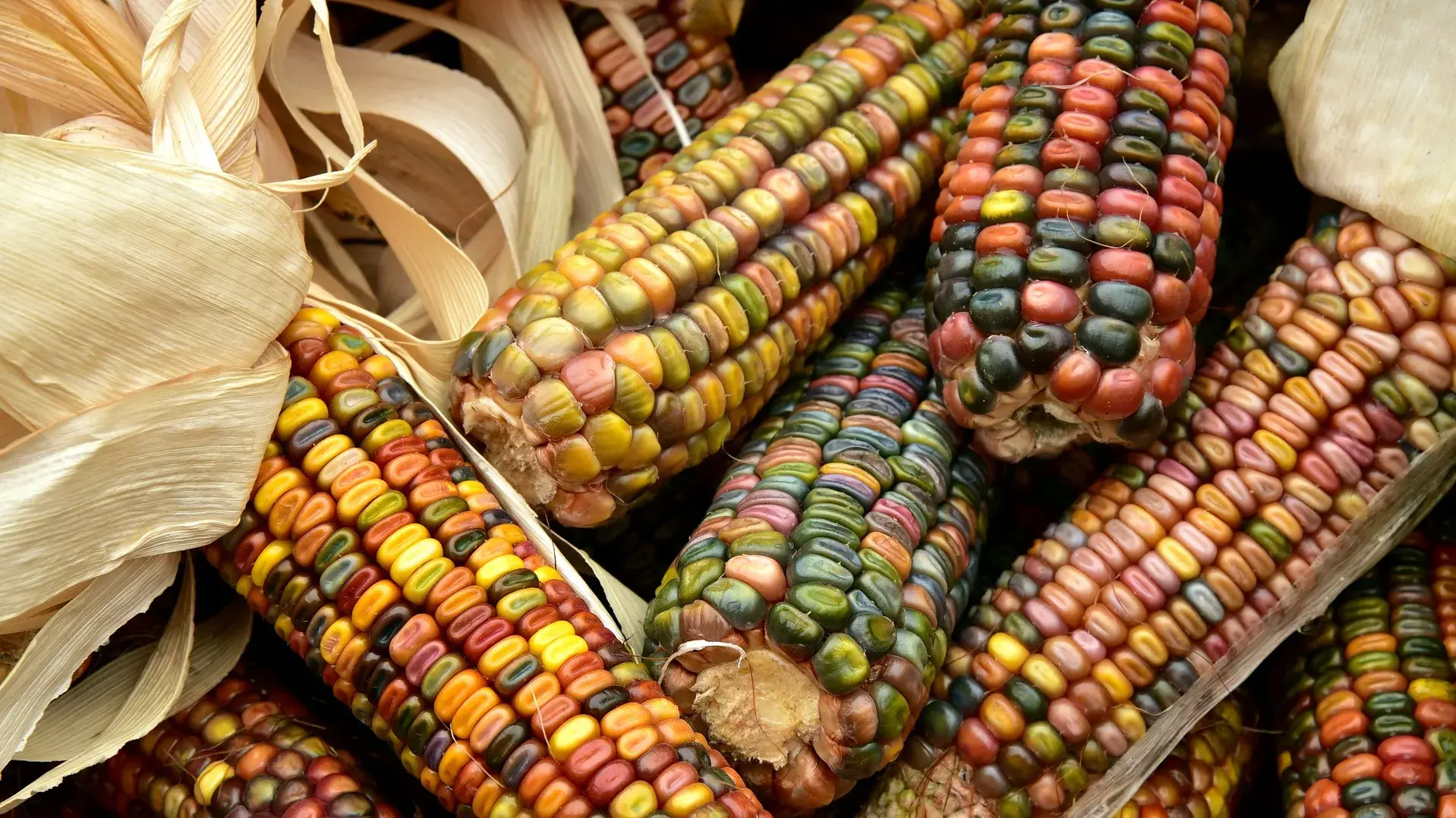
Agriculture is not only severely affected by the effects of climate change, but also causes high greenhouse gas emissions itself.
Together with partners from research and practice, we are looking for solutions to adapt to climate change and protect the climate. For example, we are evaluating the current and future suitability of niche crops for cultivation or developing future scenarios for site-adapted production and sustainable nutrition. The aim is a diversified, resilient agricultural and food system in accordance with the principles of agroecology.
As an interdisciplinary team, we combine natural and social science perspectives. In our applied research projects, we explore and develop potential solutions from the field to the plate, supporting decision-makers in policy, practice and at the individual level.
Our competencies include:
- Systems analysis and sustainability assessment in the food system
- Participatory research and project development
- Spatial suitability analyses for sustainable production systems and niche crops
- Foresight studies and scenario development
- Sustainability analysis of value chains
- Awareness raising for sustainable nutrition through scientainment and gamification
In Teaching & Education
Our graduates are committed to the transformation of agricultural and food systems. You will acquire the necessary skills in our modules and in student projects within our interdisciplinary research projects.
Classes & Theses
We teach the following modules in the BSc in Natural Resource Sciences, the MSc in Environment and Natural Resources and the MSc in Circular Economy Management.
- Ernährungssysteme
- Produzierende Stadt
- Landwirtschaft im Wandel
- Nachhaltigkeitsmonitoring
- Projektmanagement
MSc in Environment and Natural Resources
- Agroecology and Food Systems
- Agriculture for the Future
- Natural Resource Management in Emerging Economies
- Agrobiodiversity Summer School
MSc in Circular Economy Management
As a student you contribute directly to our research projects with term papers, bachelor's theses and master's theses. Our interdisciplinary team always offers a variety of topics to choose from.
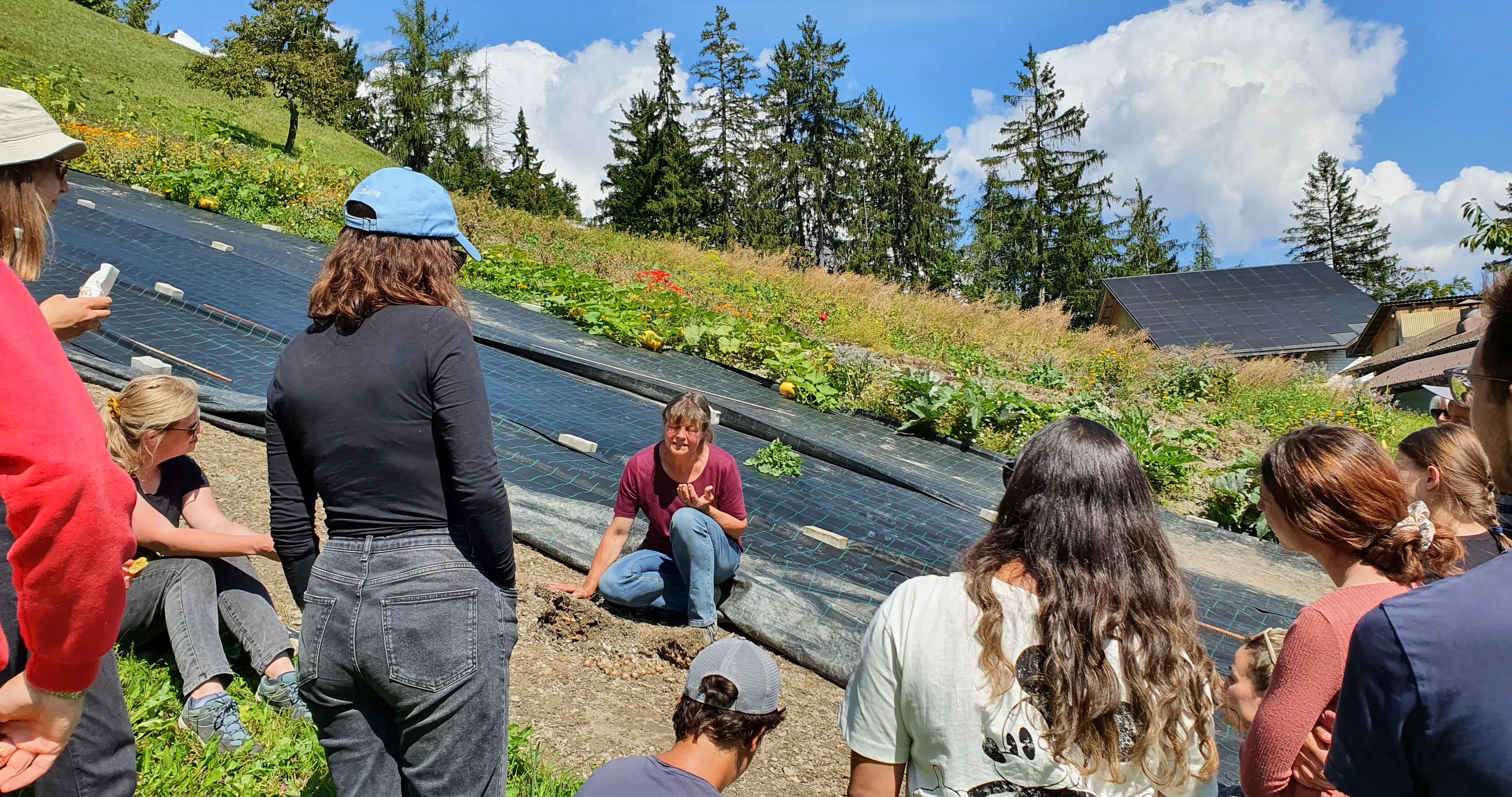
Summer School
Students of ZHAW and other universities have the chance to participate in our international summer school.

E-learning courses
Our free e-learning courses are aimed at anyone who is interested in sustainable food systems and wants to contribute to change.
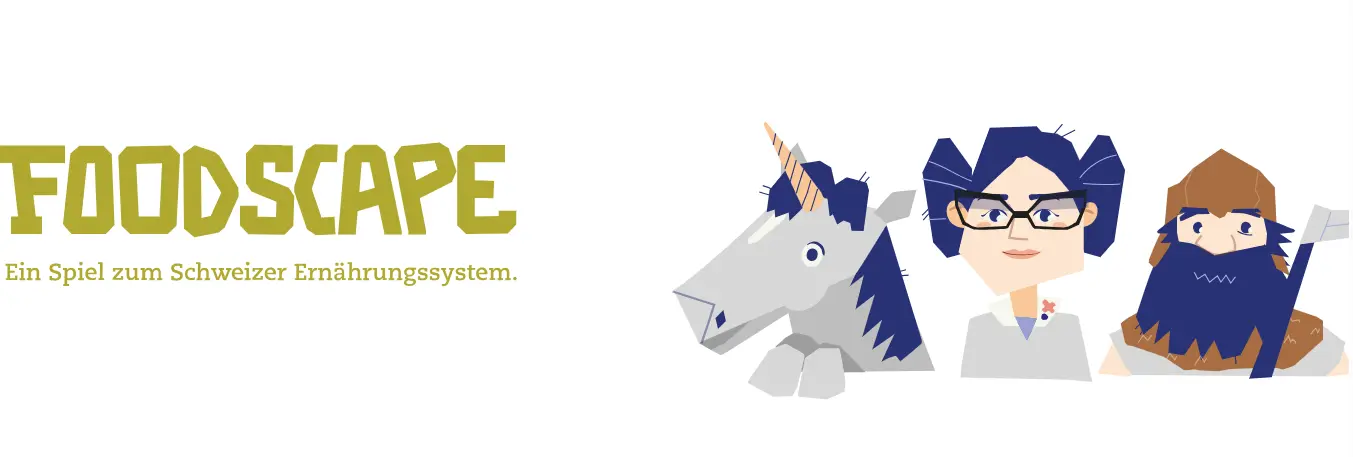
Foodscape
For a younger audience we have developed the online game Foodscape . The game teaches the connections between nutrition, a healthy lifestyle and the use of resources in a playful way.
Interesting Articles and Links
- Our blog «Eat, Grow, Change»
- The blog post «Development of the Swiss food system: a perspective from 2050» by the MOVING project team
- The blog post «A bright future for the Swiss Alps – Not at all?» by Fabienne Buchmann
- Article by National Geographic about our publication «Expected global suitability of coffee, cashew and avocado due to climate change»
Cooperations
We would like to thank all our national and international cooperation partners from research, politics, practice and society for the exciting collaboration.
This might also interest you
Continuing education
Find out about our wide offer on CAS and courses in continuing education.
IUNR research projects
Find out about the breadth of subjects covered by our Institute.
Study
Continuing education
IUNR research projects
Find out about BSc and MSc programmes at IUNR.
Find out about our wide offer on CAS and courses in continuing education.
Find out about the breadth of subjects covered by our Institute.
